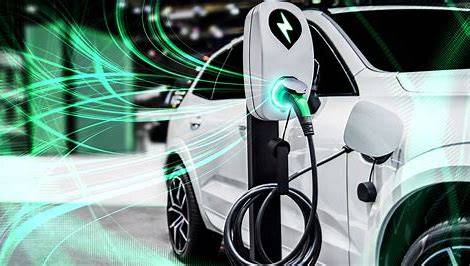The Rise of Electric Vehicles and the Future of Transportation
The transportation industry is experiencing a transformative shift, largely driven by the rapid rise of electric vehicles (EVs). As concerns over climate change, air pollution, and the depletion of fossil fuels increase, EVs are emerging as a key solution to reduce carbon emissions, lower dependence on oil, and create a more sustainable future for transportation. With advancements in battery technology, government incentives, and rising environmental awareness, electric vehicles are set to play a central role in the future of transportation.
One of the most significant advantages of electric vehicles is their environmental impact. Unlike traditional gasoline-powered vehicles, EVs produce zero emissions while driving, significantly reducing air pollution and greenhouse gas emissions. This is especially important in urban areas, where vehicle emissions contribute to smog and health problems. As more people adopt electric vehicles, cities could see substantial improvements in air quality, benefiting public health and reducing environmental harm.
Electric vehicles are also more energy-efficient than their traditional counterparts. EVs convert a higher percentage of the energy stored in their batteries into motion, while internal combustion engines waste much of their energy as heat. This efficiency not only lowers energy consumption but also reduces operating costs, as electricity is generally cheaper than gasoline. Additionally, EVs have fewer moving parts, which reduces maintenance costs over time.
The rise of electric vehicles is reshaping the automotive industry. Major car manufacturers are increasingly investing in electric models, with several automakers planning to transition their entire fleets to electric in the coming decades. This shift is driven by the need to comply with stricter environmental regulations and growing consumer demand for sustainable transportation options. As the EV market expands, related industries, including battery production and charging infrastructure, are also seeing significant growth.
Despite the advantages, challenges remain. Range anxiety, battery production impacts, and the need for expanded charging infrastructure are key issues to address. Continued advancements in battery technology and renewable energy will be crucial for the widespread adoption of electric vehicles, ensuring a sustainable future for transportation.




No comments yet
Be the first to share your thoughts!